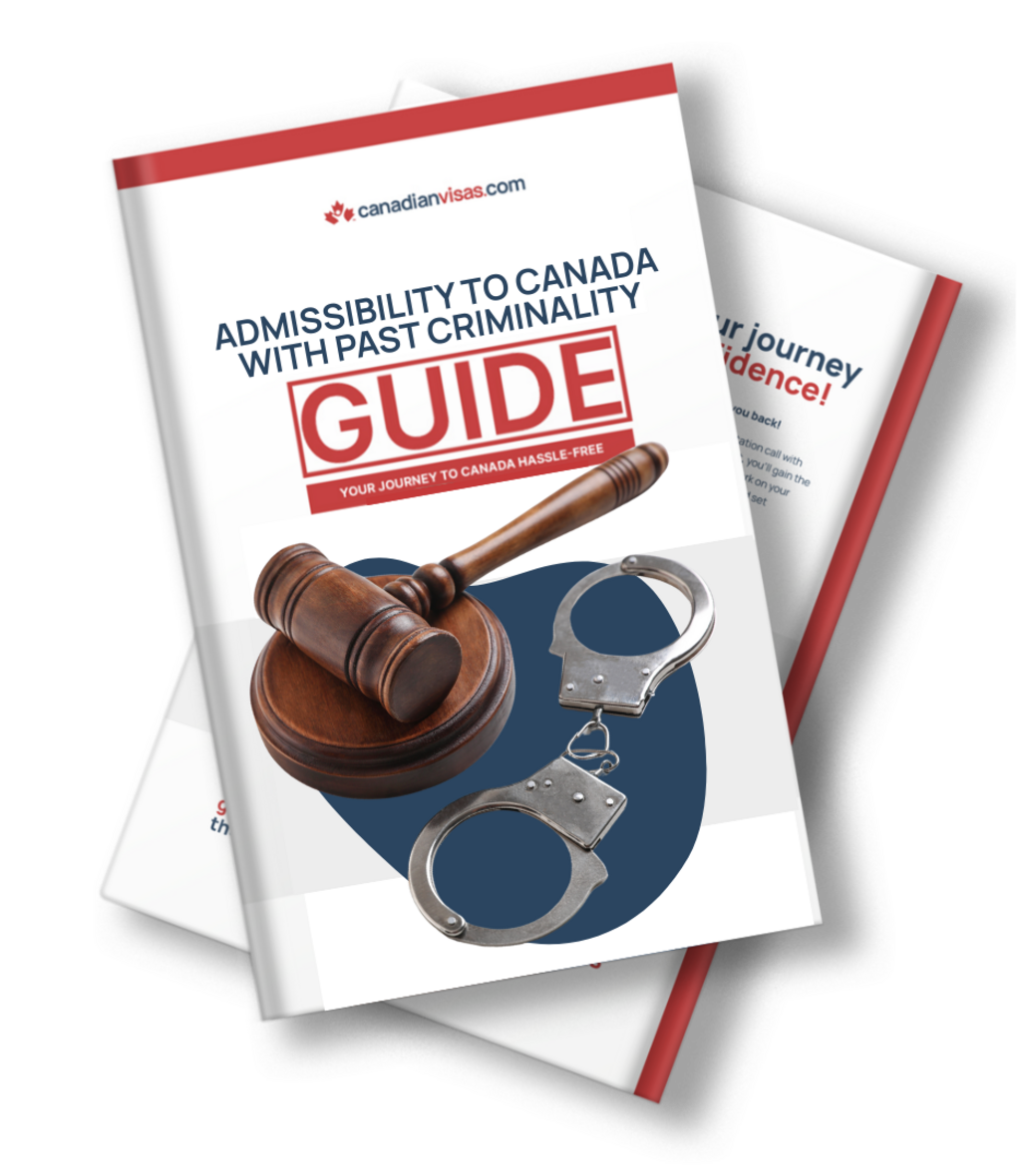-
Personal
Live in Canada
Work in Canada
Family Sponsorship
Inadmissibility
Canadian Immigration Professionals are available to discuss your case.
Get answers to your questions and the right guidance with an immigration representative by your side. Canadian immigration law is complex. Get it right the first time.
Get help -
Business
Canadian Immigration Professionals are available to discuss your case.
Get answers to your questions and the right guidance with an immigration representative by your side. Canadian immigration law is complex. Get it right the first time.
Get help -
For Employers
Canadian Immigration Professionals are available to discuss your case.
Get answers to your questions and the right guidance with an immigration representative by your side. Canadian immigration law is complex. Get it right the first time.
Get help -
Support
Support Categories
Canadian Immigration Professionals are available to discuss your case.
Get answers to your questions and the right guidance with an immigration representative by your side. Canadian immigration law is complex. Get it right the first time.
Get help -
Call Us: 1-416-665-3939





